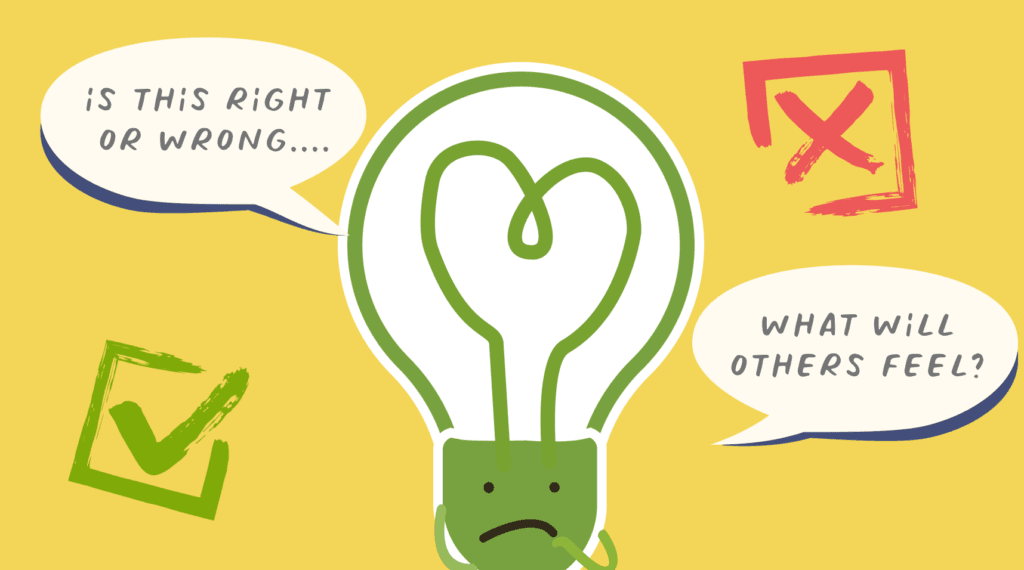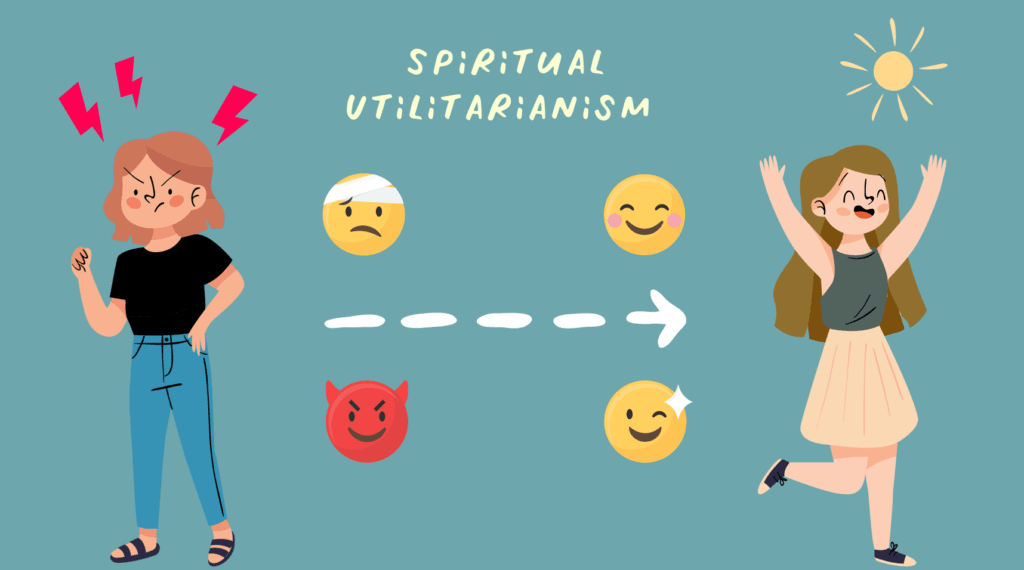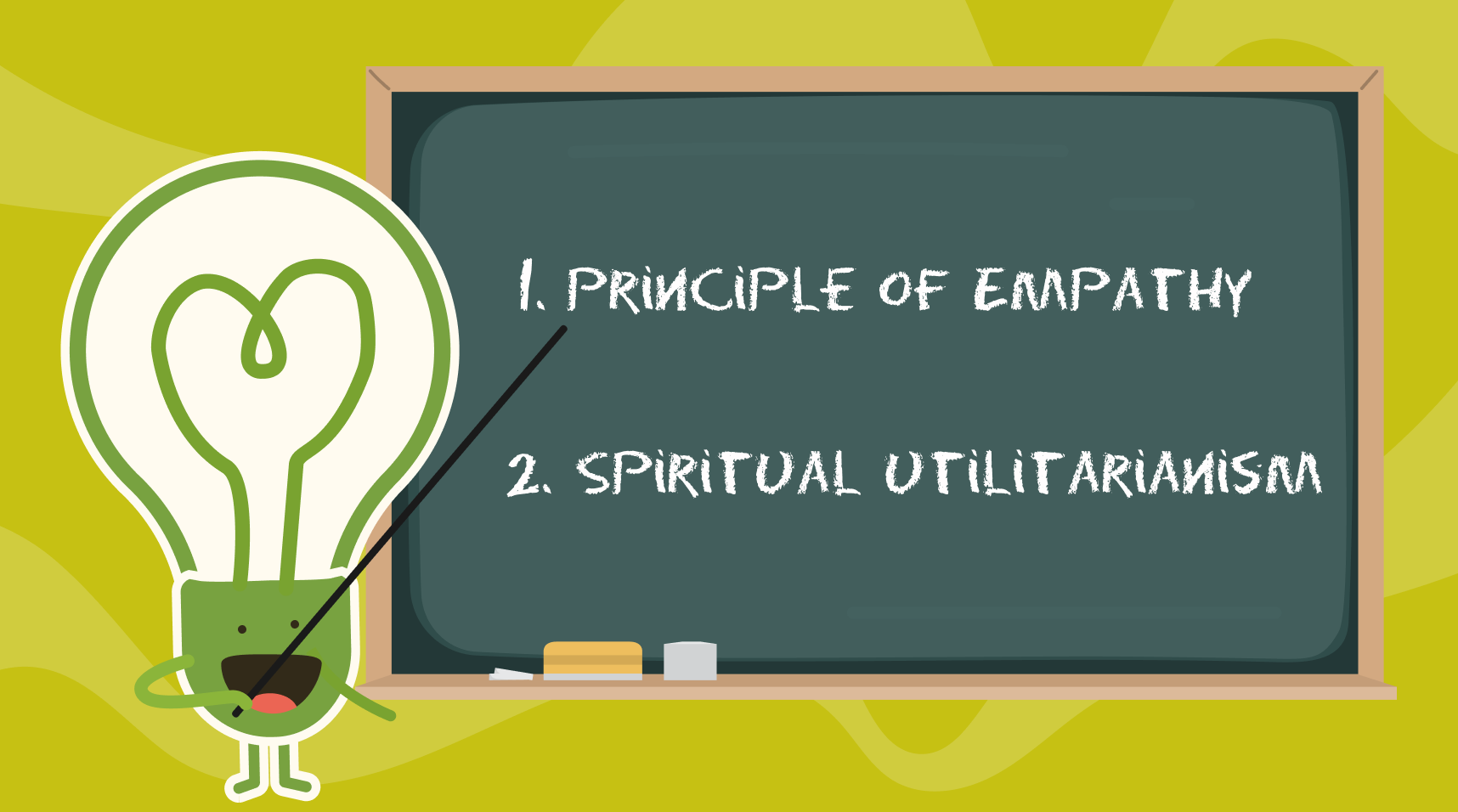Editor’s note: This is an edited excerpt from Buddhist scholar Sylvia Bay’s Chapter on Morality. Beyond the familiar 5 precepts (training guides for laypeople), she explores deeper into the principles behind them. Principles help colour in the grey areas we sometimes see in ‘rules’. TLDR & Wise Steps have been added by the HOL Team
TLDR: Right or wrong. Can or cannot. Some Buddhists are sticky on rules, some are not. Sylvia Bay shares on taking a step back and understanding the Buddha’s principles towards morality.
For the thinking Buddhist, it is not enough to know what is good or bad, right or wrong and should this or should that not be done.
It is just as important to understand why the moral code is so. By understanding the basis for sīla (morality), we will know what is right and should be done under any circumstances without having to fret about the correct interpretation of precepts or to consult another.
Two key principles need to be highlighted as they underpin Buddha’s teaching on sīla: empathy and spiritual utilitarianism.
1. Principle of Empathy

Buddha had taught that when considering whether an action is right or wrong, we should see things from the recipient’s perspective. What we do not like, it is fair to assume that others would not either.
What we like, they probably would as well. Therefore the point is to treat another, the way you would want to be treated.
The empathy principle underpins four of the five layman moral precepts, the ten unwholesome actions and several of the wholesome qualities mentioned earlier. For instance, on killing, Buddha had said that everyone wished to live and not die and everyone was “fond of pleasure and averse to pain”.
If we dread pain and value our life, then we should not inflict pain on another and intentionally deprive him of his life. Likewise, just as you value your possessions and would experience pain or loss if you were to lose them, then you should not take another’s belongings. You do not like being lied to, then do not lie to another. You do not like to be the object of gossip, slander, angry words and so on, then avoid subjecting others to the same.
Be kind and considerate, show respect, be reasonable and gentle, and so on.
If we go by this empathy principle, we can probably resolve most moral dilemmas ourselves without having to consult another.
For instance, let’s examine some commonly asked ‘controversial’ questions. Should we tell someone who is dying the truth of his prognosis? Is a white lie acceptable? Should homosexuality be condemned?
To answer these questions, simply pose them to yourself with the same questions: if you were dying, would you want to be told the truth? Would you accept being told a white lie? Would you want to be condemned for your sexual preferences? You know your answers.
If you do not extend the same courtesy to others, then you are exercising double standards, aren’t you? How can that be sīla?
2. Spiritual Utilitarianism

By spiritual utilitarianism, it means that an action is skilful, good and should be performed if it increases the well-being and happiness of you and others, and takes you closer to Nibbāna.
Conversely, an action that brings pain and suffering to all and that takes you further away from Nibbāna is unskilful, bad and should be avoided.
Buddha had advised his disciples to reflect as follows before undertaking any action: it should be avoided if it “leads to my own affliction, to other’s affliction, and to the affliction of both; it obstructs wisdom, causes difficulties, and leads away from Nibbāna.”
In a similar vein and a touch of more detail, Buddha instructed his son, Rāhula, to reflect on his actions “like a mirror”, i.e., objectively, and to avoid any “unwholesome bodily action” that leads to “my own affliction or to the affliction of others”, and that comes “with painful consequences, with painful results”.
One may protest and say if one is clueless about Nibbāna, how does one tell if an action will take one closer to or farther away from it?
That is a valid point.
Therefore, for one new to the Dhamma or still struggling with understanding it, Buddha offered another perspective. He said we would know for ourselves when we are feeling calm or agitated, happy or sad, content or troubled and so on.
Intuitively we know that a peaceful state of mind is beneficial and pleasing while a shaky, restless and agitated one is painful and probably harmful. Therefore, undertake actions that lead to a calm and peaceful mind and avoid those that increase yearning, anger, restlessness and worry.
This principle of spiritual utilitarianism underpins the fifth (Precept of Avoiding Intoxicants Which Cause Heedlessness) of the five layman precepts, and the practitioner component of the eight and ten precepts as well as some of the meritorious actions mentioned above.
Wise Steps:
- Develop empathy towards others by reflecting on how we wish to be treated. Rather than sticking to just following the ‘rules’, we also need space to empathise with others
- Conduct yourself in a way that increases the overall well-being of oneself and others. Every intentional action we take, mental or physical, either brings us closer to the path of peace or away from it.


